Inverter ACs are great at minimizing electricity usage and provide much more comfort than non-inverter ACs. Because they're so quiet, you might be tempted to let yours run nonstop. But is it safe and energy-efficient to do so? We have done research to find reliable answers for you.
While it is possible to keep your inverter AC running nonstop, turning it off at measured intervals will help extend its lifetime, conserve electricity, and reduce the frequency of servicing it. Turning it off is widely recommended.
The baseline is that it's up to you, but we have listed some facts to help you make an informed choice. Keep reading for more on what an AC inverter is and why yours needs the occasional break.
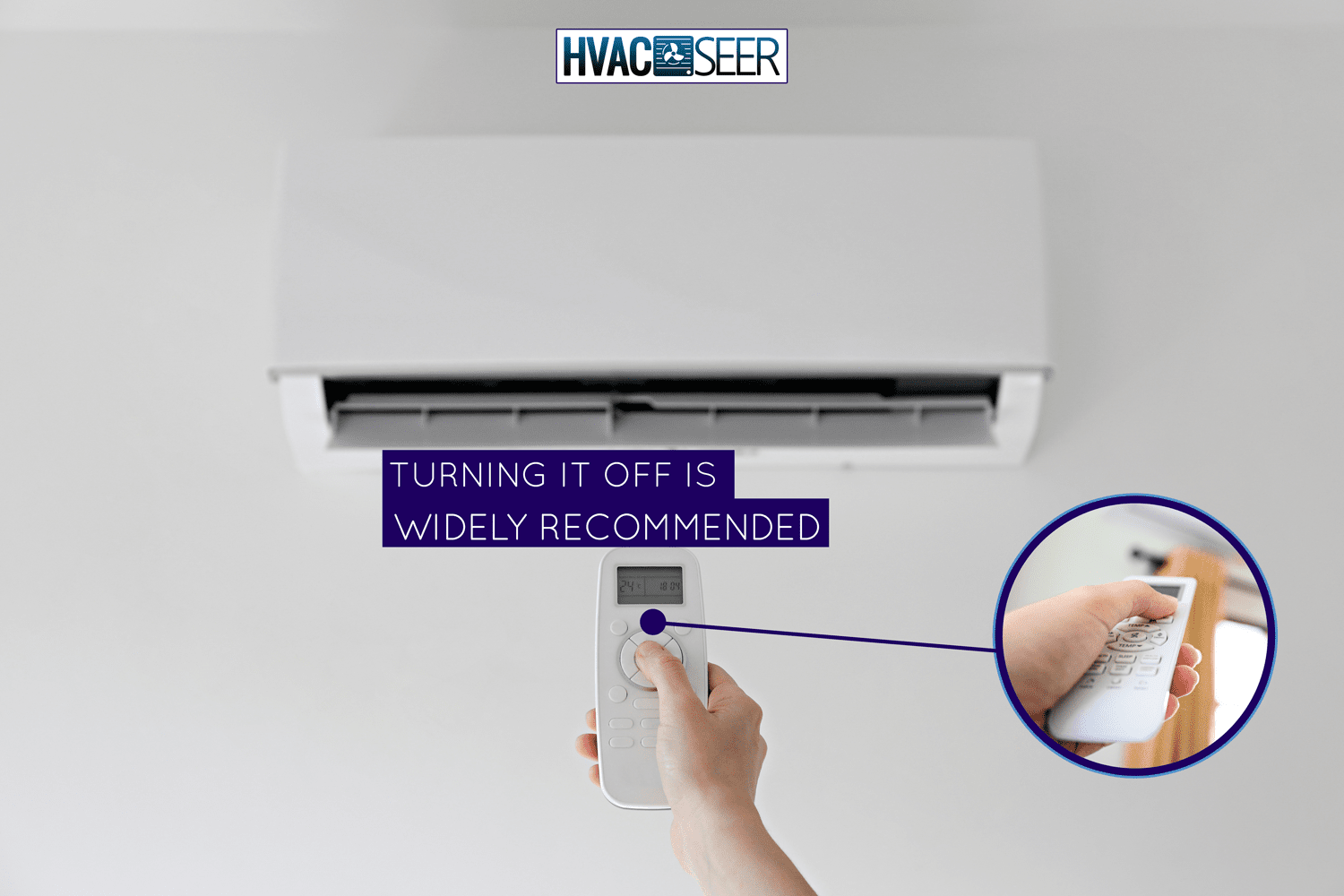
What is an Inverter AC?
Air conditioners are common, particularly if you live in a hot climate. However, inverter ACs are its lesser-known alternative. Contrary to what its name might suggest, it does not run without electricity.
While both regular and inverter ACs carry out the same function of cooling the air, their primary difference is how they function.
A key component of ACs is the compressor. The compressor’s job is to move the heat outside, thereby leaving cool air in the room. It does this by converting the gas refrigerant present in the AC to liquid.
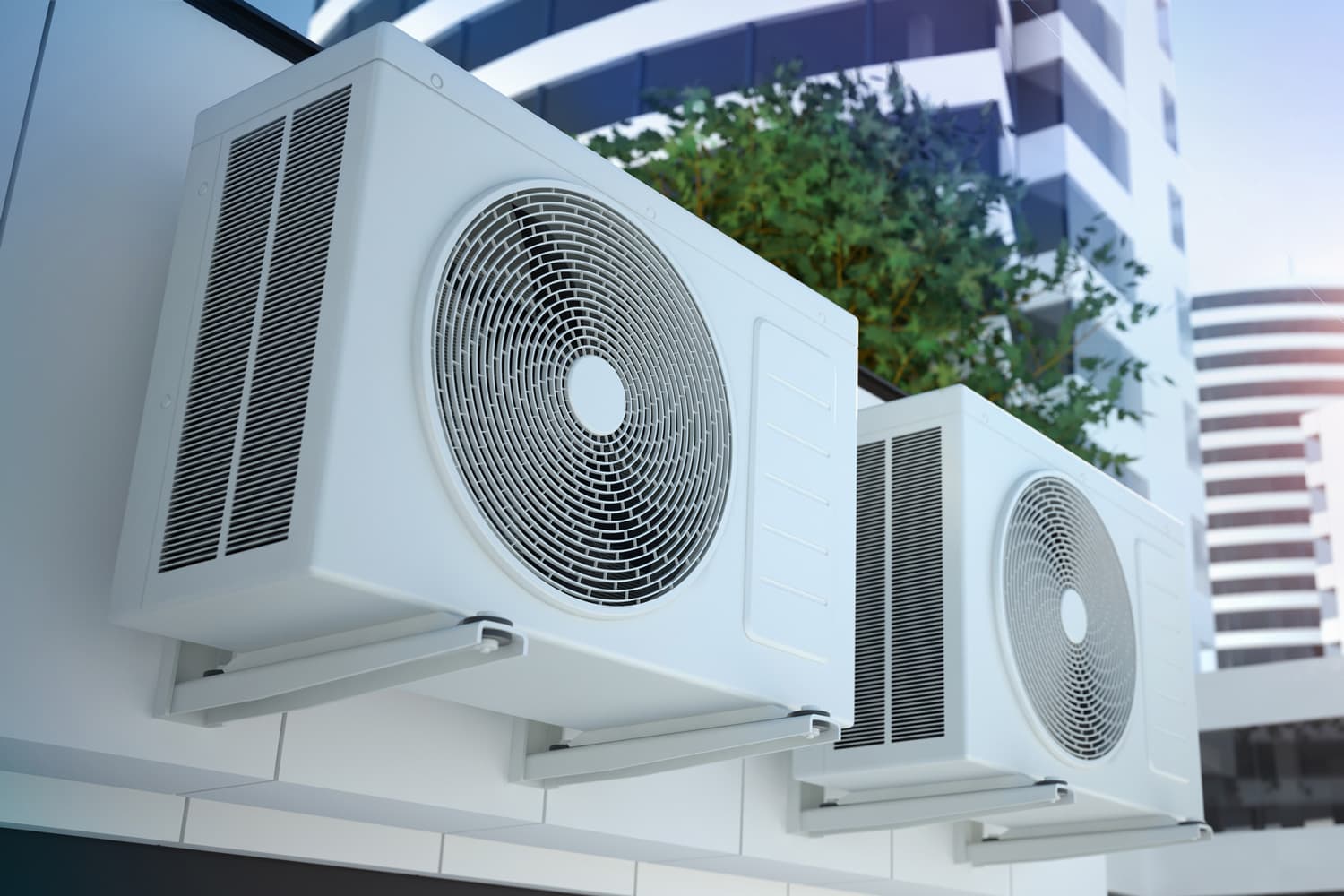
The compressors in inverter ACs work differently. Unlike the regular AC compressors whose motors run at a full speed and shut off once the room is cool, inverter ACs use variable-speed drive technology.
This technology allows the speed of the compressor's motor to vary based on the room's temperature. The cooler the room becomes, the lower the motor's speed.
What makes the motor capable of varying its speed is a DC-to-AC inverter. Hence the name inverter AC.
The variable frequency drive controls the motor functions as the DC to AC inverter. It converts AC (alternating current) to DC (direct current) and inverts it back to AC at various frequencies, thereby varying the motor's speed.
Should I Turn Off My Inverter AC?
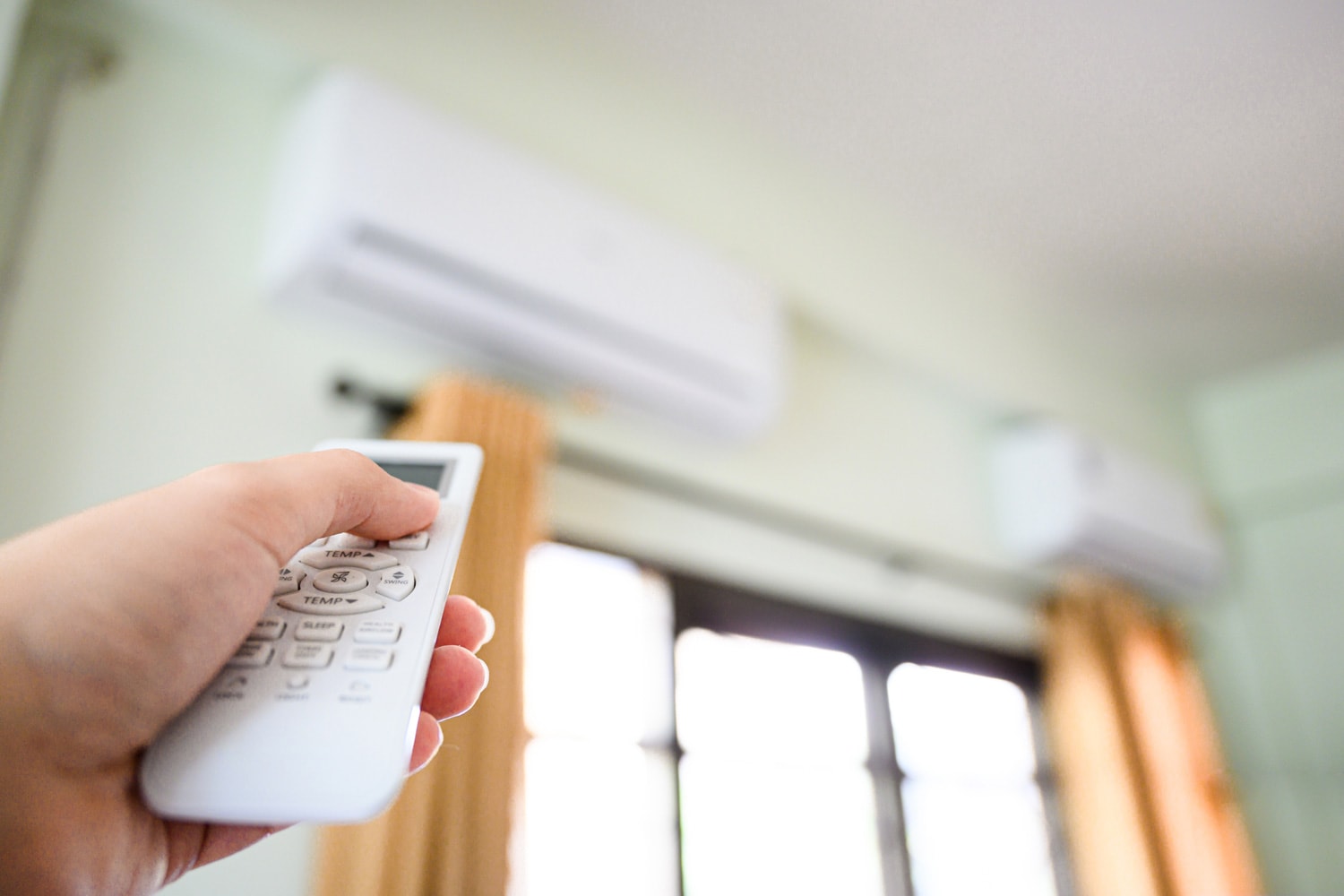
In choosing between letting your inverter AC run nonstop and turning it off occasionally, there are considerations to bear in mind.
First is the fact that an inverter can run continuously at a much lower energy consumption rate than regular ACs. As it runs, the compressors’ speed varies to produce just the right amount of cool air needed for the room’s temperature.
However, as with every electrical appliance, more energy is consumed the longer it is left on.
Thus, if you are looking for ways to cut down on your electricity bill, while an inverter AC helps to do this, turning it off for some hours at a time daily helps even further.
Is It Okay To Leave An AC Inverter On All The Time?
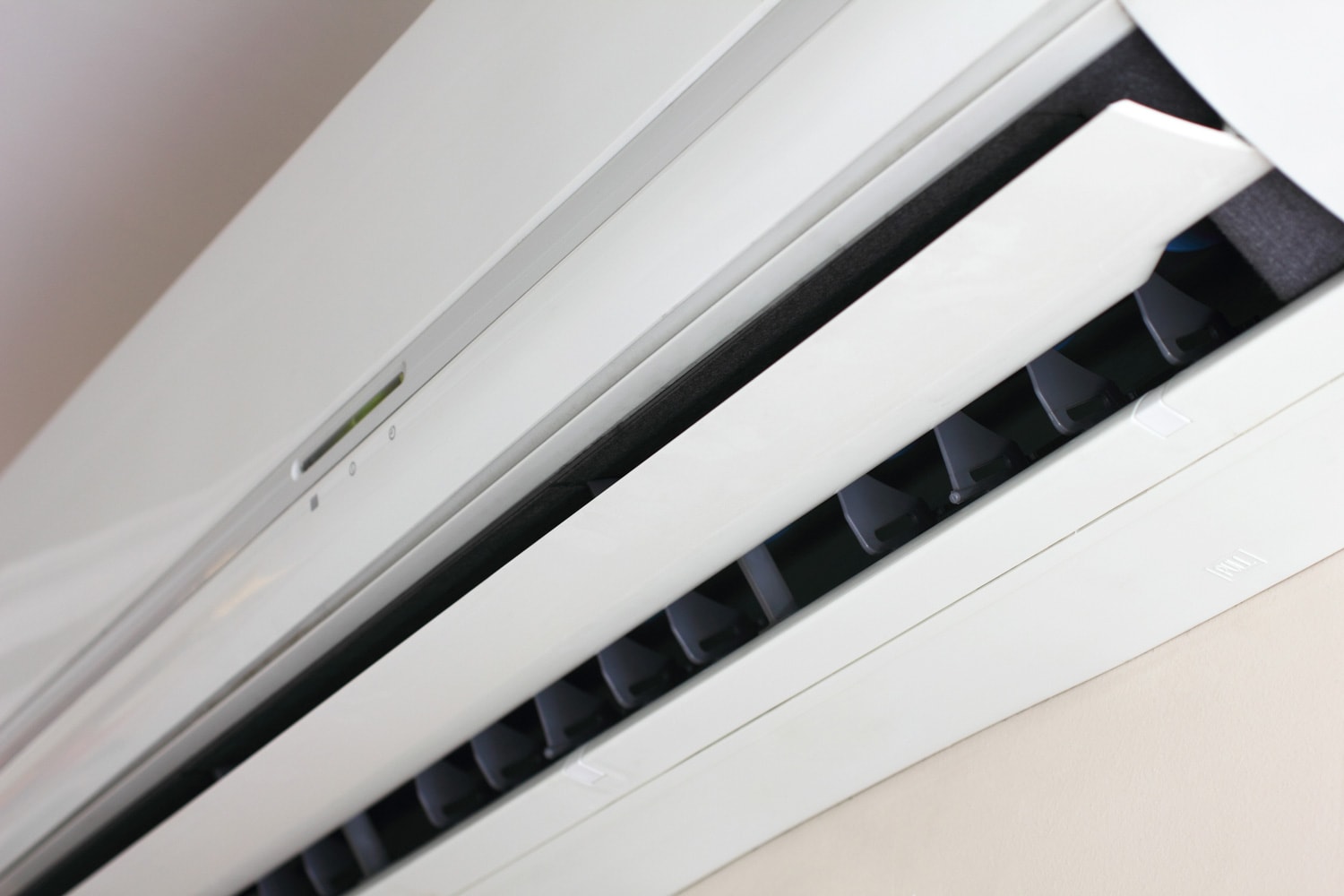
Inverter ACs are rightly touted as ACs that can safely be left on all the time. This is because while the AC is on, the compressor is not working at full speed continuously.
As the room cools, it reduces its power usage to keep the room at the set temperature. Despite this, leaving your AC inverter on all the time comes with some drawbacks, some of which will be discussed below:
Higher Electric Consumption
Despite the energy-saving capabilities of inverter ACs, they still consume quite a lot of power. Leaving them on for longer hours will undoubtedly lead to higher electricity consumption.
Evidence from one homeowner showed a 178% increase in her monthly energy bill after her inverter AC was left on for nine days without being turned off.
On the other end of the spectrum, energy costs were compared between daily eight-hour use and a daily five-hour use of an inverter AC. There was a 37.2% decrease in yearly energy costs incurred by the inverter AC.
Faster Degradation
As with most electrical appliances, increased usage inevitably causes an increased rate of deterioration. You would need to clean the indoor unit filters more often.
Also, the outdoor unit filter will quite likely attract more dust. Note that dust is a major problem of condenser coils.
Once condenser coils are clogged with dust, the flow of air between the coils and the refrigerant would be blocked and your inverter AC would have difficulty cooling the air.
Need For More Frequent Servicing
Your inverter AC will require more regular cleaning and servicing if left on all the time. Consequently, your air filters might need replacement more often than you would like.
What is The Best Way To Use An Inverter AC?
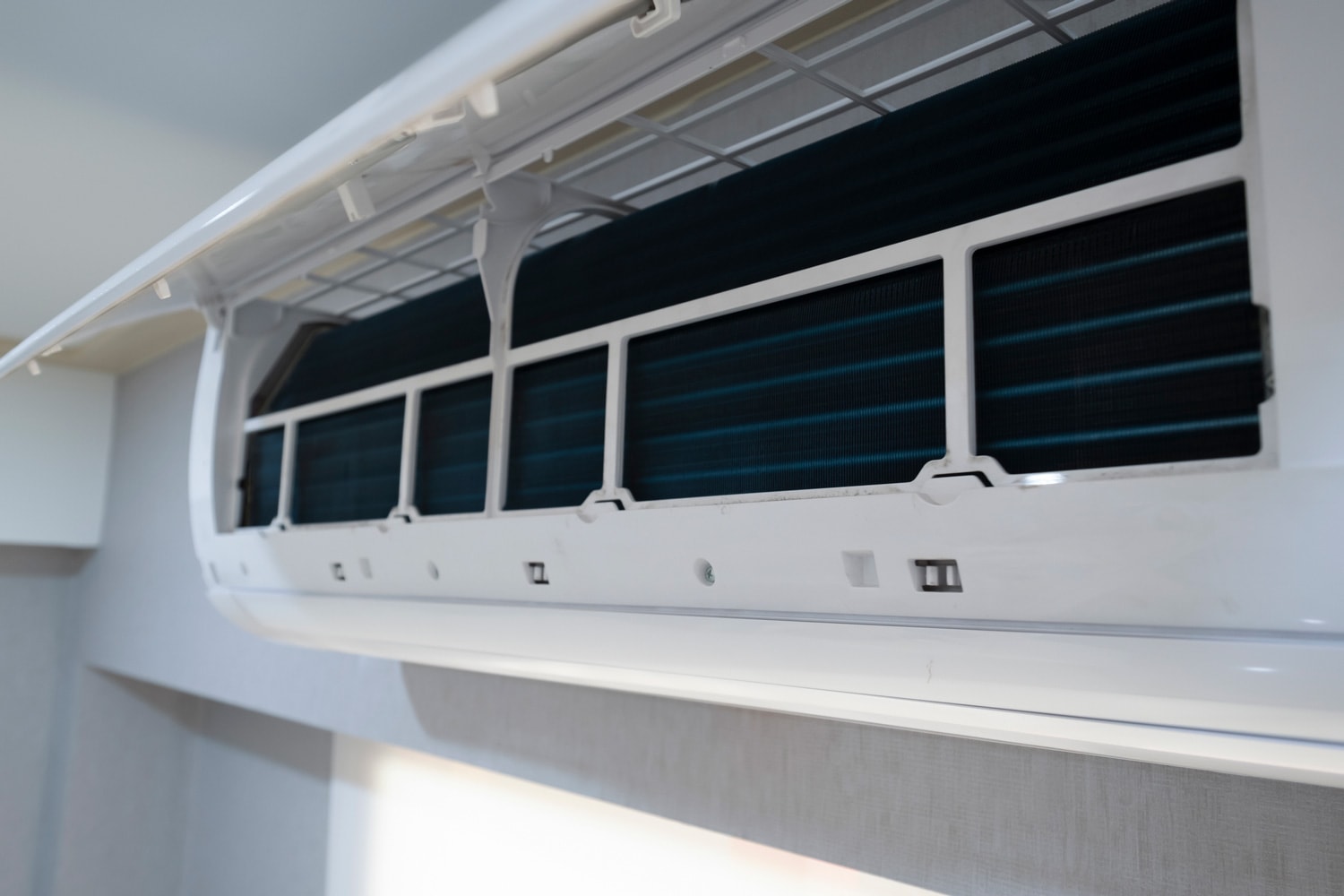
The first thing to ensure is that you get an inverter AC that fits your room’s requirements. Factors to consider are the size of the room, degree of direct sun exposure, and the room's regular temperature.
With respect to the size of the room, the larger a room is in size, the higher the AC capacity needed. AC capacity is usually calculated in tons. 0.0016 tons are needed per square foot. Thus, a space measuring 1500 square feet would require a 2.5-ton air conditioner.
Also, if your space has a lot of sunlight filtering in and/or a high temperature, you might want to look for an AC with higher tonnage.
Once you have an inverter AC with the right tonnage, all you have to do after installation is turn it on and set the temperature to the desired degree.
Also, ensure that the room is entirely enclosed as much as possible with no air escaping or coming in.
If glass windows are letting in sunlight, it is advisable to use blinds to block off the sun. The reason is that sunlight coming in will increase the room's temperature, which will in turn make your AC overexert itself.
What Are The Disadvantages of An Inverter AC?
A primary disadvantage of inverter ACs is the cost. They are quite expensive when compared to non-inverter ACs, and this is a common factor with all brands.
On average, an inverter AC is almost 20-25% more expensive than a non-inverter AC of the same ranking.
Maintenance is also expensive, due to the inverter AC's small parts and complex make-up. However, it might be worth the tradeoff in light of the energy savings.
Does An Inverter AC Increase Electricity Bills?
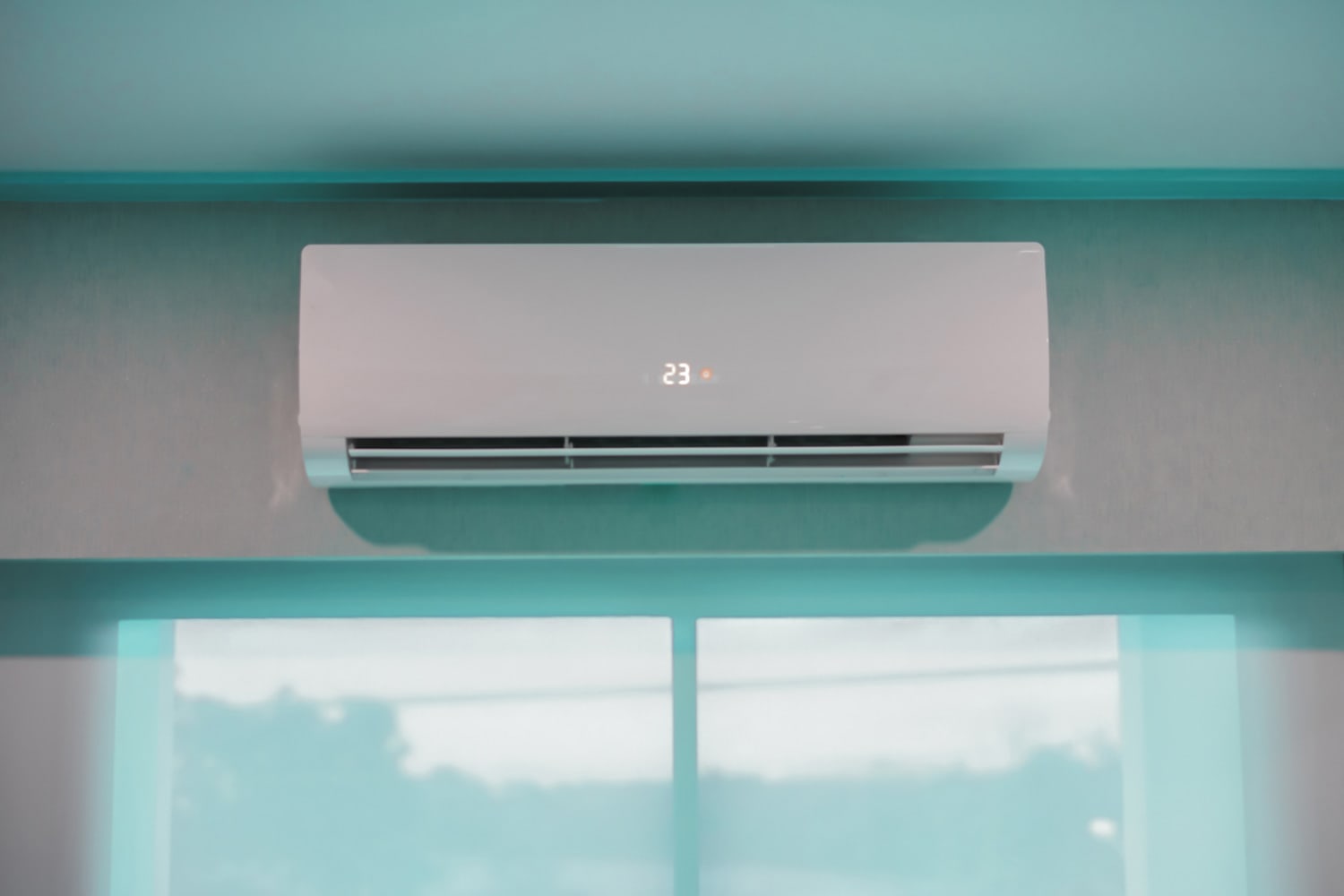
A key advantage of an inverter AC is that it reduces energy consumption. How this is achieved is not complicated. Non-inverter ACs have only the on and off option for their compressors.
The compressors run at full capacity once on, shut off once the desired temperature is achieved, and come back on once a rise in the temperature is sensed.
This on-and-off cycle results in more energy usage because the compressors utilize more energy to kickstart.
On the other hand, an inverter AC's compressor stays on and simply adjusts its motor speed as required to maintain a stable temperature.
This ensures that energy usage is kept to a minimum. This in turn can reduce your electricity bill by as much as 30-50%.
Does An Inverter AC Take More Time to Cool?
It is a common misconception that inverter ACs take more time to cool.
This misconception is most likely a result of the fact that non-inverter ACs actually overcool—that is, they provide a lower temperature than what you set it as.
On the other hand, an inverter AC will maintain the exact temperature it is set at, which might make it seem less cool.
In fact, inverter ACs cool a room faster because the compressor runs at the speed necessary to bring the room to the set temperature, even where a high speed is required.
How Many Hours A Day Should My AC Run?
The ideal number of hours your Inverter AC should run daily is 8 hours. But an inverter AC is best enjoyed when running continuously. That's the whole point. After all, it consumes less electricity even if left on for long periods.
However, if you're looking to reduce your electricity bill, then you won't want any appliance running all day.
Eight hours is thus a good compromise. It allows you to enjoy your AC for a long period but ensures your electricity bill is kept low.
Which AC Mode is Best For Saving Electricity?
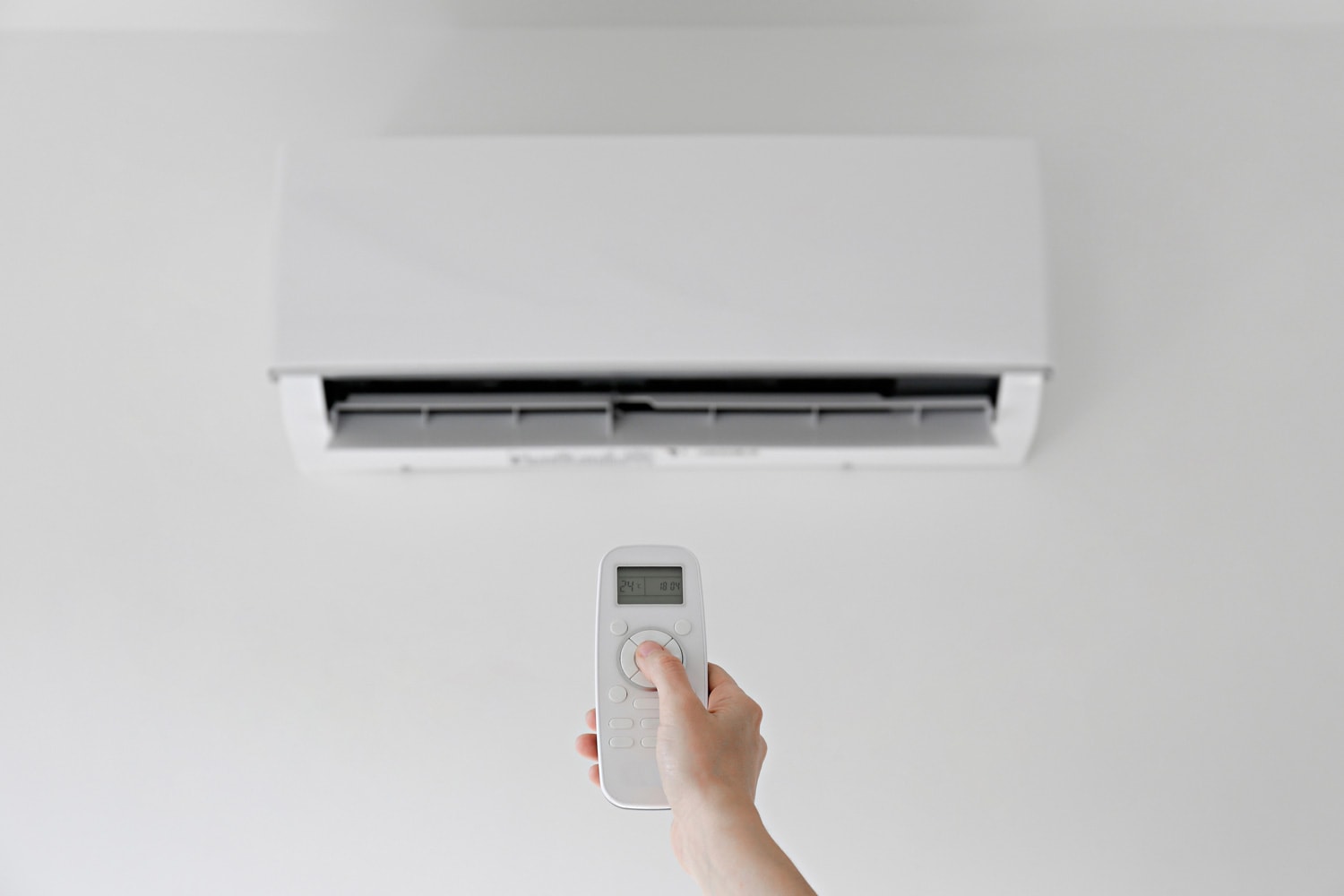
The fan mode is the best if you're looking for more ways to save electricity. In fan mode, your AC is working like a fan, and the compressor, which is the most energy-consuming component, will be turned off.
However, you might not enjoy the cooling effect of the AC in this mode. The room will stay ventilated, though.
In Conclusion
An inverter AC is a good option when looking for a way to cut down on electricity usage.
Having a schedule for when you turn it on and off can help to reduce your energy usage even further. It also prevents unnecessary wear and tear on your AC.
If you would like to read more about air conditioners, we recommend these posts:
